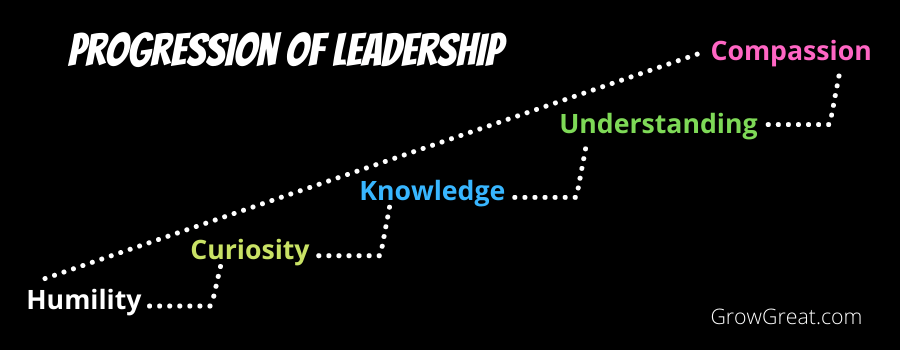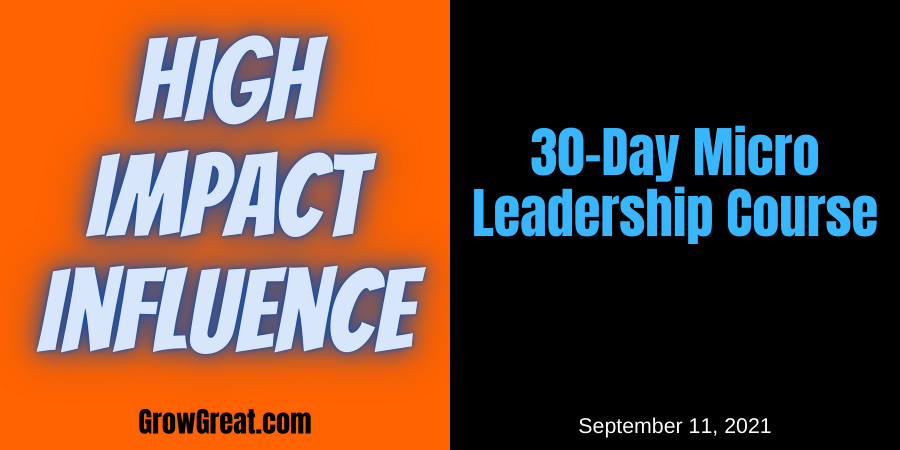Podcast: Play in new window | Download (Duration: 9:38 — 8.8MB)
Subscribe: Apple Podcasts | Spotify | RSS | More
Twenty years ago today. It was a Tuesday morning. We had the NBC Today Show on the TV as we were getting ready. Sometime after 7:30 am Central the news hit. Something horrific was happening in NYC at the World Trade Center towers. It was – and still is – surreal. And the phrase, Nine-Eleven, entered our vocabulary, symbolizing the date, September 11th – the day a series of coordinated attacks happened on American soil by foreign terrorists killing 2,996.
Day 11. Let’s talk about your consumption. No, we’re not going to address weight loss or how much you’re drinking. I’m talking about information consumption, but let’s narrow it down a bit.
Twitter, Linkedin, Facebook, Instagram, TikTok, Snapchat, books, articles, blog posts, podcasts, YouTube…all these places we go where we skim headlines, click a few links, scan a few sentences, devour an entire 700-word Medium post, watch a 56 second TikTok, read a 238-page leadership book…I’m talking about all of this consumption that we think makes us better. Maybe we know it makes us better. I’m not here to debate the woes of social media. Or to push some agenda that we should read more books.
I love to read.
I love YouTube.
I’m entertained – sometimes inspired – by Instagram and TikTok.
I’m enlightened – sometimes encouraged – by Linkedin.
So I’m not going to preach against consuming information. After all, if you remember my “progression of leadership,” knowledge is in the middle of it. It’s important that we learn.

Question: Do you understand why you consume so much?
Most of us blindly do it. Others have researched and written how UI (user interface) designers have designed social media to be addictive. Plenty of others have addressed, in a variety of ways, how news is manipulated. And many more than sounded the bell of concern about how our attention span is shrinking. Dramatically.
I’ll leave that conversation to people more expert in those areas. This is you and me talking and I’m asking you if you understand why you consume what you consume?
“You are what you eat,” say nutritionists.
There’s little doubt we are also what we think about and what we think about is heavily influenced by what we watch, read and hear.
Each of us has biases. All kinds of them. You’ve heard phrases like confirmation bias and cognitive bias.
Confirmation bias – according to Wikipedia – is the tendency to search for, interpret, favor, and recall information in a way that confirms or supports one’s prior beliefs or values.
Cognitive bias is the subjective reality each of us creates, sometimes to adapt, but sometimes because it’s just how we view the world.
Humans may be incapable of fully controlling such things, but I wonder if we’re able to better manage what we think, how we feel, and what we believe is true. Ironically, I choose to believe we can better manage these things and that if we do, it can spur us on to higher performance. So let me repeat the questions…
Do you understand why you consume so much?
Do you understand why you consume what you consume?
My experience in serving top-level leaders for the past dozen years has revealed some things – things my own life confirms.
Those of us who love to read, read for enjoyment and enlightenment. Many of us describe ourselves as “lifelong learners.” Others are wannabe lifelong learners. There are fakes and hypocrites in every arena. Some of us disguise our consumption habits by declaring we’re hooked on learning when in reality we’re more hooked on the quest to find the secret we think might be missing. That one thing we’ve yet to learn that might make all the difference. It’s a hard truth people don’t openly admit, especially top-level leaders, but we’re all susceptible to it because high-performing people genuinely are curious and wonder, “What don’t I yet know?” It’s that quest – that curiosity – that compels us to keep on this endless search. I’m not critical of it because I’m right there with you doing the same thing. Much of my thinking has been heavily influenced by reading about people named Drucker, Deming, Geneen, and Welch.
We are a composite of all the things we’ve learned – and all the information we’ve consumed.
Some of us consume because we want to make sure we’re on top of the information curve. We drop author names with pride, proving our scholarship. It makes us feel like we’re superior. More well-read. More expert. More of a thought leader. The irony is, whose thoughts are being led? Again, it’s fine if that’s what a person chooses to do. I’m only asking us to think about those questions so we better understand the WHY behind our consumption habits.
I’m not advising you to change anything about your habits. Maybe you’ll want to. Maybe not.
Let’s just examine it more closely to see what it might teach us about ourselves. It’s really just one aspect of self-examination that can help us move forward – and see things more accurately. That’s the point of it all. For us to see ourselves more accurately so we better understand why we do what we do. Such insights might spark curiosity about how we might adjust things so we can improve our progress.
Or not.
Mindfulness. Intention. Purpose.
Those are the primary issue.
There’s little doubt that all our lives can be improved by increasing those aspects in our lives. To think about our actions instead of mindlessly putting one foot in front of the other. To act with greater intention and purpose.
Additionally, I want to challenge you to look for the answers within yourself. To accept responsibility for your own life. To avoid being suckered into acquiescing to the common belief that somebody else may have the answers you most seek. To stop living by the motto, “If only…”
“If only I know a little bit more.”
The consumption habit’s worst impact on us is procrastination. We delay taking action because we fall into the trap of thinking we just need to learn a little bit more. Once we learn a bit more, then we’ll move. But too frequently we find we need to learn just one more thing. Then another. And another.
And now you know why tomorrow we’re going to focus a creating. It’s time for you to become a creator.
Be well. Do good. Grow great!

 About the hosts: Randy Cantrell brings over 4 decades of experience as a business leader and organization builder. Lisa Norris brings almost 3 decades of experience in HR and all things "people." Their shared passion for leadership and developing high-performing cultures provoked them to focus the Grow Great podcast on city government leadership.
About the hosts: Randy Cantrell brings over 4 decades of experience as a business leader and organization builder. Lisa Norris brings almost 3 decades of experience in HR and all things "people." Their shared passion for leadership and developing high-performing cultures provoked them to focus the Grow Great podcast on city government leadership.
The work is about achieving unprecedented success through accelerated learning in helping leaders and executives "figure it out."
